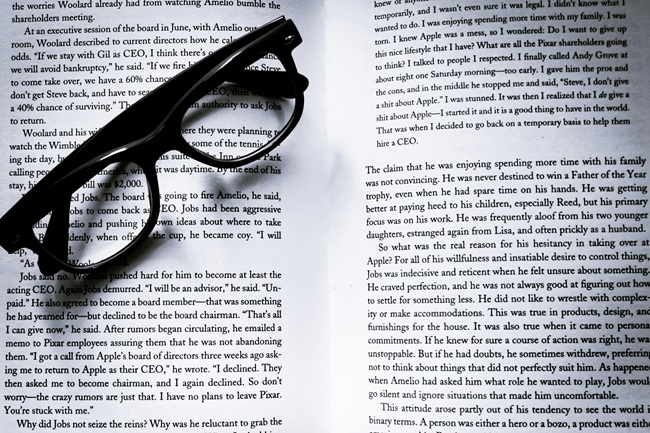Written by: Nancy du Plessis
Published: 20-02-2024
Published: 20-02-2024

On Friday morning, 2 February 2024, authors’ editor Mary Ellen Kerans addressed a case that has piqued language professionals’ attention. In a Zoom meeting for 34 SENSE members, Kerans discussed ‘Ousted for plagiarism? What did Harvard’s Claudine Gay do? Was it “serious”?’
On 5 December 2023, Claudine Gay, who’d become Harvard University’s first black and female president just six months earlier, was summoned to the US Congress with two other Ivy League presidents. All three women were grilled about their response to antisemitism on campus. Five days later, University of Pennsylvania’s president resigned and the Massachusetts Institute of Technology (MIT) governing board pledged its president ‘full and unreserved support’. In Gay’s case, however, the focus shifted to plagiarism. She resigned in early January 2024.
Kerans began by noting that in the last 15 to 20 years, plagiarism software has been weaponized. As language professionals, not only do we need to understand potentially career-destroying accusations, but we also need to respond to possible cases of plagiarism without devastating our authors and sources of income.
In the early 1980s, word processing led to expectations that greater editing ease would result in better prose. But research soon found that some faculty writing deteriorated. Was that because the printed texts looked ‘finished’ and were not revised as they were retyped? By the 1990s, scholars had recognized how easy it was to copy and paste, and despite copyrights, began to recycle large parts of their own – and chunks of other peoples – published articles. Kerans calls Gay ‘a stellar example of [that] generation’.
She examined four of the numerous allegations of plagiarism identified by ‘similarity’ detection software.
First, ‘patch writing’ – copying from one’s own or other authors’ articles without any original commentary. That is problematic, and while quotation marks can sometimes provide a fix, patch writing indicates that the writer seems not to have developed their own voice – or has no original ideas.
Second, in an article from 2016, Gay did not reference her – otherwise appropriately – paraphrased information. Referencing is important: paraphrasing does not absolve a writer of the need to cite.
Third, Gay used a method or data analysis approach and its description without acknowledging the ‘similar’ source the software flagged. Using a method without acknowledgement is serious. Could Gay have cited the wrong source? Is the difference a matter of sloppy writing or was Gay’s reference correct and that of the ‘similar’ publication not?
Fourth, Gay used boilerplate phrases in her acknowledgements. But boilerplate and clichéd acknowledgments are very common: they do not constitute plagiarism.
According to Kerans, not all these examples are plagiarism. However, an educator and mentor should do better.
So how should allegations of plagiarism be addressed – and by whom? By the universities, but not by their lawyers. Only those familiar with a field and its language and genres are competent to assess such charges.
We ran out of time to discuss why Gay was ousted. A few days later, Kerans explained in writing that Gay resigned because donors were threatening to withdraw their support: ‘[U]niversity presidents are fund-raisers, not dedicated researchers or educators.’
What does this mean for language professionals? We are responsible for calling an author’s attention to the risks of patch writing – not only to help them find their voice but also to protect them from possible future allegations that could be linked to contested actions or political views. We’re all the wiser for having heard Kerans talk.
|
Blog post by: Nancy du Plessis Website: www.everything-in-english.com About Nancy: www.nancyduplessis.com |


